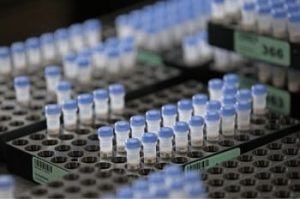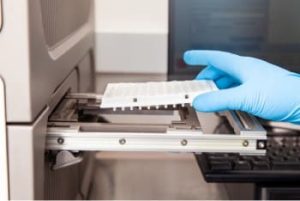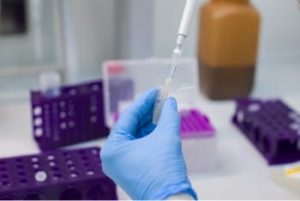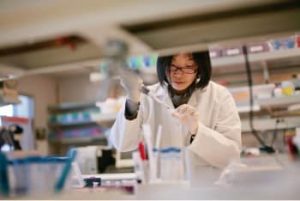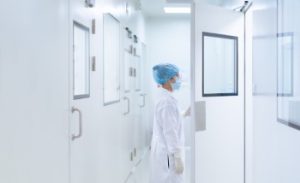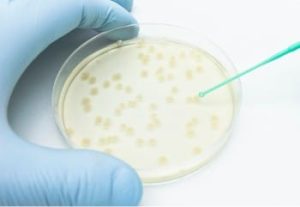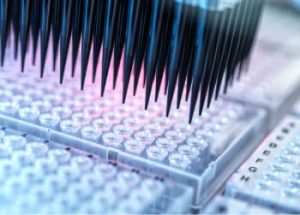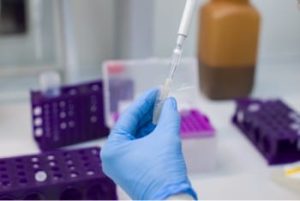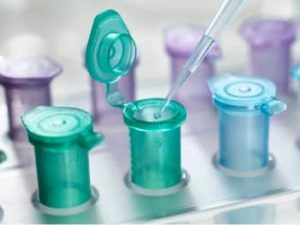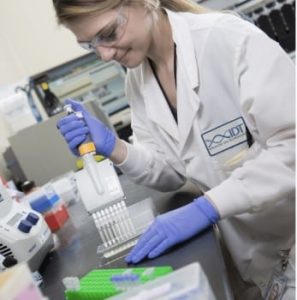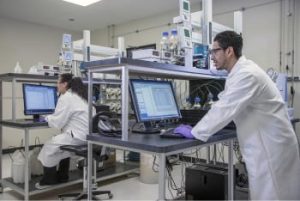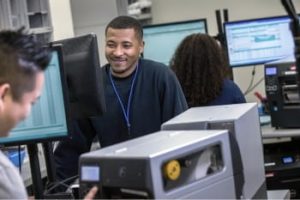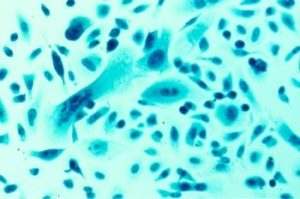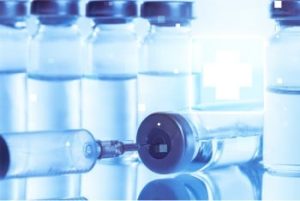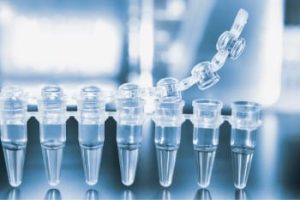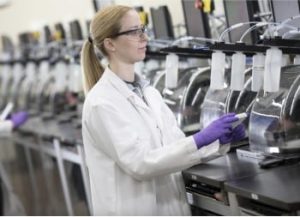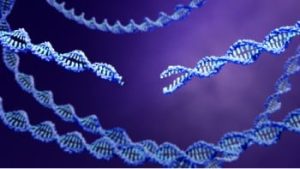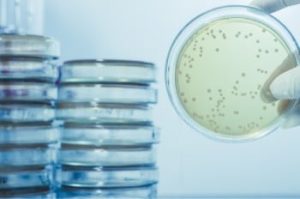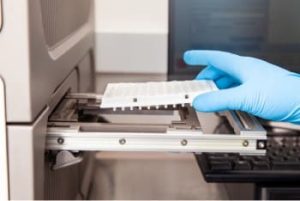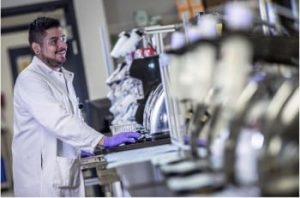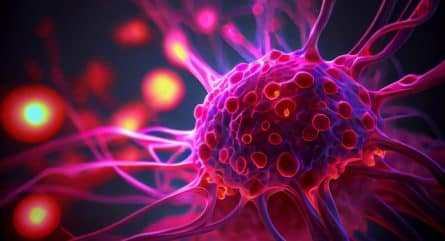At this moment, over 400 student teams from around the world are working to finalize last minutes details on their 2025 iGEM projects. Some teams have been working together for years to develop and expand a single project, while other teams are approaching fresh, new ideas to solve complex problems. Students from more than 50 counties will gather in Paris for the 2025 Grand Jamboree to present their projects to a panel of judges. Though projects range in topics from agriculture to fashion and conservation to food and nutrition, all participants have the same goal: To solve the world’s toughest challenges with synthetic biology.
As a platinum iGEM sponsor for over a decade, Integrated DNA Technologies (IDT) helps teams create their innovative projects by donating up to 20kb of gBlocks™ Gene Fragments or an equivalent value of IDT products, free resources like webinars and handbooks, and trusted expert support. Ahead of the Jamboree, we heard from some of the teams taking advantage of IDT’s offerings—here’s what they said about this year’s competition.
Teams, projects, and what they’re trying to solve
Wageningen University iGEM | project BCoated: Crop yields are reducing due to climate change, while food demand is increasing. Current seed coatings for yield maintenance pollute soil with microplastics. We are making a biopolymer production platform where you could induce desirable properties against different abiotic and biotic soil stressors.
Bielefeld-CeBiTec | project Cellective: We aim to tackle triple-negative breast cancer, which is an aggressive cancer subtype with limited treatment options and high relapse rates. We want to develop a more selective and safer therapeutic approach by combining two RNA-based switches to specifically target cancer cells while sparing healthy tissue. The switches are activated by cancer-specific miRNA or mRNA markers, which results in the production of the cell death-inducing protein Gasdermin D when both switches are activated.
iGEM Okinawa | project MAMORI: Modular Agricultural Monitoring for on-site Rapid Pest Identification: We want to solve the issue of invasive thrips detection that threatens Okinawa's mango farms. Because these pests are visually indistinguishable from native species, farmers must rely on widespread pesticide use, leading to high labor, costs, and environmental impact. We address this by developing a low-cost, on-site pest detection system that combines DNA-based identification with smart IoT traps to enable targeted, science-driven pest control.
iGEM IISER Berhampur | project POSEIDON: We are developing a microbial-based filtration system to remove harmful heavy metals like aluminum, chromium, mercury, and iron from contaminated water sources. These metals, often present due to industrial runoff, pose serious health risks including kidney damage and neurological disorders. Through synthetic biology, we aim to engineer a sustainable, affordable, and efficient solution to ensure safer drinking water for affected communities.
iGEM Thessaly | project Clotho: We are focusing on the devastating challenge of Pancreatic Ductal Adenocarcinoma (PDAC), a highly aggressive and lethal form of pancreatic cancer that accounts for over 90% of all pancreatic malignancies and has a dismal five-year survival rate under 10%. The core issue arises from its typically late diagnosis, due to vague or absent early symptoms and its resistance to current therapies.
What is the most surprising issue you have uncovered during the course of your project?
Wageningen University iGEM (BCoated): Farmers care a lot about the color of seed coatings, because it shows consistency in product if all of them are the same color!
Bielefeld-CeBiTec (Cellective): The bureaucratic effort involved in research—all orders must be approved by the university, and there is always a different person responsible. We hadn't thought about this beforehand and had expected the actual laboratory work to be the biggest challenge!
iGEM Okinawa (MAMORI): The thrips species we’re targeting is not only a problem for Okinawan mangoes but also affects mainland Japan and other crops. In colder regions, these pests weaken during winter; however, Okinawa’s hot and humid climate throughout the year makes these pests build resistance and become harder to control. We also realized that many Okinawan farmers are hesitant to trust mainland-developed solutions because the pests behave differently and stronger in Okinawa, making locally driven, socially informed projects like ours even more vital than we initially expected.
iGEM IISER Berhampur (POSEIDON): There is a widespread lack of awareness about heavy metal contamination in rural and semi-urban areas, despite its serious health risks. During our water sample collection and analysis, we discovered that the levels of metals like aluminum, chromium, mercury, and iron were significantly above the normal safe limits. This not only highlighted the urgency of developing a filtration solution but also emphasized the need for greater community awareness and education.
iGEM Thessaly (Clotho): Very few effective treatments exist for PDAC. Despite decades of using surgery, radiation, and chemotherapy, survival improvements remain minimal and virtually no targeted or immunotherapy options offer lasting benefits.
What inspired you to participate in the iGEM Competition?
Wageningen University iGEM (BCoated): The ability to gain hands-on experience with a product’s development by investigating everything from technical to regulatory to social and economic feasibility.
Bielefeld-CeBiTec (Cellective): Doing "real science" and not just following a course’s protocol. iGEM gave us the chance to come up with our own research questions, develop a project from scratch, and build something meaningful on our own. This kind of creative freedom is rare, especially for students.
iGEM Okinawa (MAMORI): Both personal experiences and a collective vision to bring innovation to local communities in Okinawa through synthetic biology. Our PI and our group leader have participated in iGEM before, and they spoke of how transformative the experience was for their growth as scientists. We were also inspired by that impact—our PI at Okinawa Institute of Science and Technology (OIST) Innovation helped launch the initiative to form the very first iGEM Okinawa team. Our project was born out of a real issue raised by a local mango farmer in Okinawa, who reached out to Okinawa Institute of Science and Technology (OIST) about thrips damaging his crops. This sparked our project idea and brought together students from three different universities. Each member is motivated by the chance to contribute their background and skills to help local farmers, while also connecting Okinawa to the broader global scientific community.
iGEM IISER Berhampur (POSEIDON): We have a shared passion for synthetic biology and a desire to apply our knowledge to real-world problems. iGEM’s interdisciplinary and global platform offered the perfect opportunity to blend science, innovation, and societal impact. The freedom to explore bold ideas, collaborate across fields, and engage with international teams motivated us to go beyond the classroom and create something meaningful. Most importantly, we were driven by the challenge of developing a solution that could make a tangible difference scientifically, socially, and ethically.
iGEM Thessaly (Clotho): Our passion for synthetic biology and the opportunity to collaborate with a diverse, interdisciplinary team to tackle real-world challenges. The competition's emphasis on innovation, teamwork, and global impact made it an ideal platform to apply our knowledge and contribute meaningfully to the field.
What has been the most memorable part of your iGEM experience so far?
Wageningen University iGEM (BCoated): Developing our own project, being so independent in the lab, and making a lot of big mistakes that have helped us learn!
Bielefeld-CeBiTec (Cellective): We were very impressed that multiple renowned international researchers were willing to answer our questions and help us with our project. In addition, our strong team spirit is a wonderful thing and has helped us through many crises.
iGEM Okinawa (MAMORI): The most memorable part has been our team’s dynamic and strong spirit, and how we support each other through both challenges and happy moments. We work together through many different tasks, and everyone contributes in their own way. It’s also been exciting to learn about a completely new topic and apply our different skills, from molecular biology to funding applications, social media, and documentary making, to tackle it as a team.
iGEM IISER Berhampur (POSEIDON): Participating in the recent All India iGEM Meet held at ICT Mumbai, where we had the opportunity to present our project alongside some of the best teams in the country. Winning four prestigious awards—Best Presentation, Best Engineering, Best Poster, and Overall Best Project—was a moment of immense pride and validation for our team's hard work. It not only boosted our confidence but also strengthened our belief in the real-world impact and potential of our project.
iGEM Thessaly (Clotho): Our outreach at Larissa’s 4th Junior High School. Introducing students to synthetic biology through hands-on DNA extraction from strawberries sparked their curiosity and enthusiasm. Witnessing their excitement and questions about science was truly inspiring.

